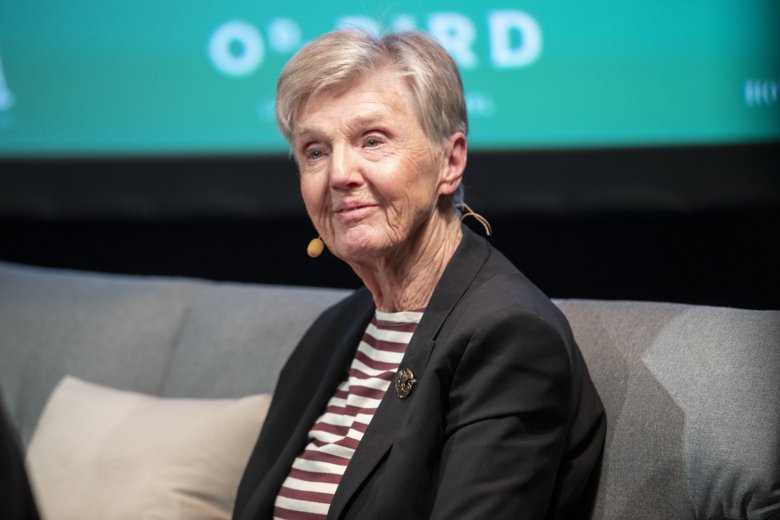In memory of Barbro Westerholm M.D.

Barbro Westerholm passed away on 13 March. She was born in Stockholm in 1933 and graduated with a medical degree from Karolinska Institutet in 1959. She then went on to earn her PhD in 1964 with a thesis on the in vitro release of histamine and 5-hydroxy tryptamine before becoming a docent at KI. She is known for being the director general of the National Board of Health and Welfare from 1979 to 1985 and for her engagement with HBTQI issues and the elderly, the “year-rich”.
”We should see people who are rich in years as a resource in society, and I want it to be possible to keep working for longer,” said Barbro Westerholm in an interview published in the KI magazine Medical Science in 2015. “I became head of the National Board of Health and Welfare at the age of 46, but today I would have been a better manager, both in terms of my leadership and my choice of issues to push for. I am also able to make decisions more quickly today, at the same time as I have also learned when it’s time to sleep on it.”
Over the years she became an influential voice in politics and was a former Riksdag member for the Liberal Party.
KI president Annika Östman Wernerson remembers KI alumna and adjunct Professor Emerita Barbro Westerholm with affection:
“Throughout her long and important career she remained in close contact with her alma mater,” she says. “Her contributions to issues of health and her engagement with the elderly and principles of equal human worth cannot be overstated. Barbro Westerholm will be greatly missed by me – and many others.”
Barbro Westerholm was also a member of the external board of the Aging Research Centre (ARC) at the Department of Neurobiology, Care Sciences and Society, KI, between 2013 and 2018.
“Throughout her life she always fought for the rights of minority and vulnerable groups,” says Johan Fritzell, professor of social gerontology and former head of office and director of the ARC. “Barbro’s influence on how to look upon older persons in Sweden, or year-rich (årsrika) as she would put it, cannot be overestimated. Her voice, both in parliament and in the public debate, demanding an end to ageism and stereotypical views of older persons was always present, and also profound during the pandemic.”
Laura Fratiglioni, Senior Professor and former director of the ARC:
“I had the privilege of meeting Barbro many times, in different occasions and different roles. In all these meetings, her words have been illuminating, instructive and helpful. Generously, she always let us benefit from her deep expertise and large experience. She was the reference person for all people working with older adults in the fields of health care, research and social assistance. She accepted this role graciously and interpreted it in an exceptional and unique way. We will miss her creative intellect, her innovative engagement and her elegant style,” she says.
Barbro Westerholm was the first female director general of the National Board of Health and Welfare and had just entered office when activists “occupied” the stairway of the building in 1979. “People were protesting against the classification of homosexuality as a disease,” writes the National Board of Health and Welfare on LinkedIn. “Barbro went out to listen to their views and a few weeks later signed off on a decision to remove the classification.”
